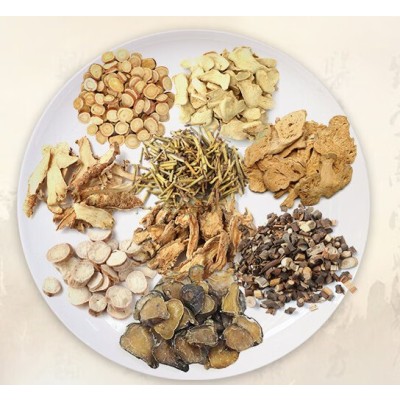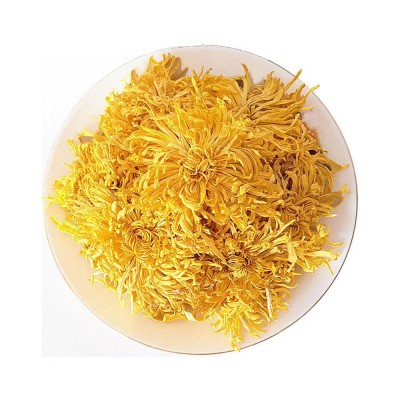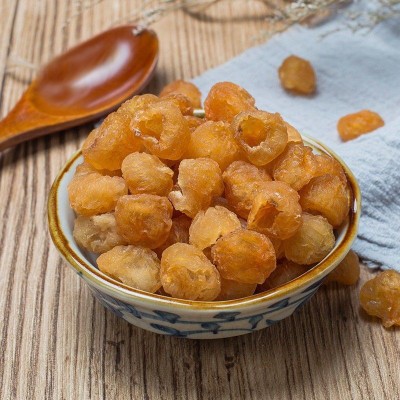Precautions for patients with RA( Rheumatoid Arthritis)
Precautions for patients with RA( Rheumatoid Arthritis)
1.Impact of Diet on Rheumatoid Arthritis
1.1 Red Meat and Protein Diet:
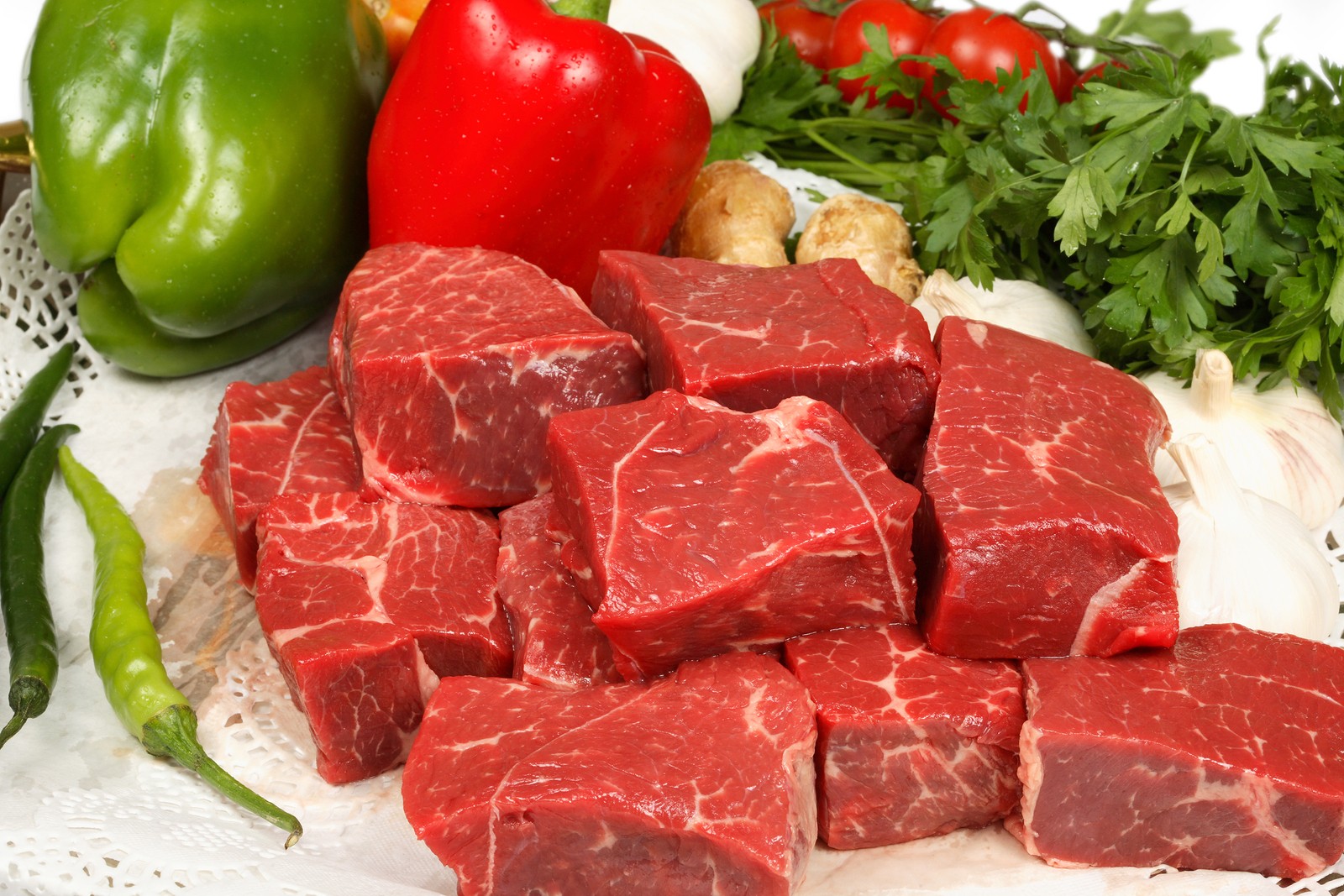
Research suggests that consuming a high-protein diet and red meat, as well as processed meat products, increases the risk of developing arthritis. However, the precise mechanism behind how red meat increases the risk of rheumatoid arthritis is not fully clear. Red meat contains N-hydroxy-acetylaminophenol, a compound the body cannot produce itself. Some studies propose that external N-hydroxy-acetylaminophenol, when combined with internal antibodies against it, triggers inflammatory responses, participating in the chronic inflammation processes of rheumatoid arthritis. N-hydroxy-acetylaminophenol is prevalent in most red meats (such as lamb, pork, and beef), with beef having the highest content, while it is absent in chicken and fish.
Research indicates that consuming significant amounts of fruits can slow down the progression of rheumatoid arthritis. Prunes, rich in polyphenols, can inhibit bone destruction in rheumatoid arthritis patients. Eggplants, rich in anthocyanins, can lower the activity of rheumatoid arthritis. Resveratrol in black grapes can reduce inflammation factors and rheumatoid factors in the bodies of rheumatoid arthritis patients. Mangiferin in mangoes, naringenin in grapefruit, hydroxy-cinnamic acids in grapes, oranges, apples, tomatoes, and potatoes can lower inflammation factor levels, preventing joint damage. Fresh orange juice rich in β-cryptoxanthin, together with α-carotene, β-carotene, lycopene, zeaxanthin, and lutein, forms carotenoids, which, when consumed regularly, can reduce the risk of rheumatoid arthritis. Blueberries, strawberries, and other berries contain rich polyphenolic compounds like anthocyanins and quercetin, which possess strong antioxidant abilities.
1.2 Unsaturated Fatty Acids:
Olive oil, rich in oleic acid, a monounsaturated fatty acid, has anti-inflammatory effects. It can reduce bone and cartilage destruction in rheumatoid arthritis, lower inflammation factor levels, and in healthy individuals, it might prevent the onset of rheumatoid arthritis. Borage seed oil, blackcurrant seed oil, and fish oil can significantly reduce joint tenderness and swelling in rheumatoid arthritis patients. Fish oil and fish contain abundant polyunsaturated fatty acids, mainly omega-3 fatty acids. Several studies indicate that consuming omega-3 fatty acids can reduce the risk of rheumatoid arthritis, alleviate inflammation reactions, decrease the activity of rheumatoid arthritis, enhance clinical efficacy for rheumatoid arthritis patients. In healthy individuals, omega-3 fatty acid intake can lower the incidence of rheumatoid arthritis.
1.3 Dietary Fiber and Whole Grains:
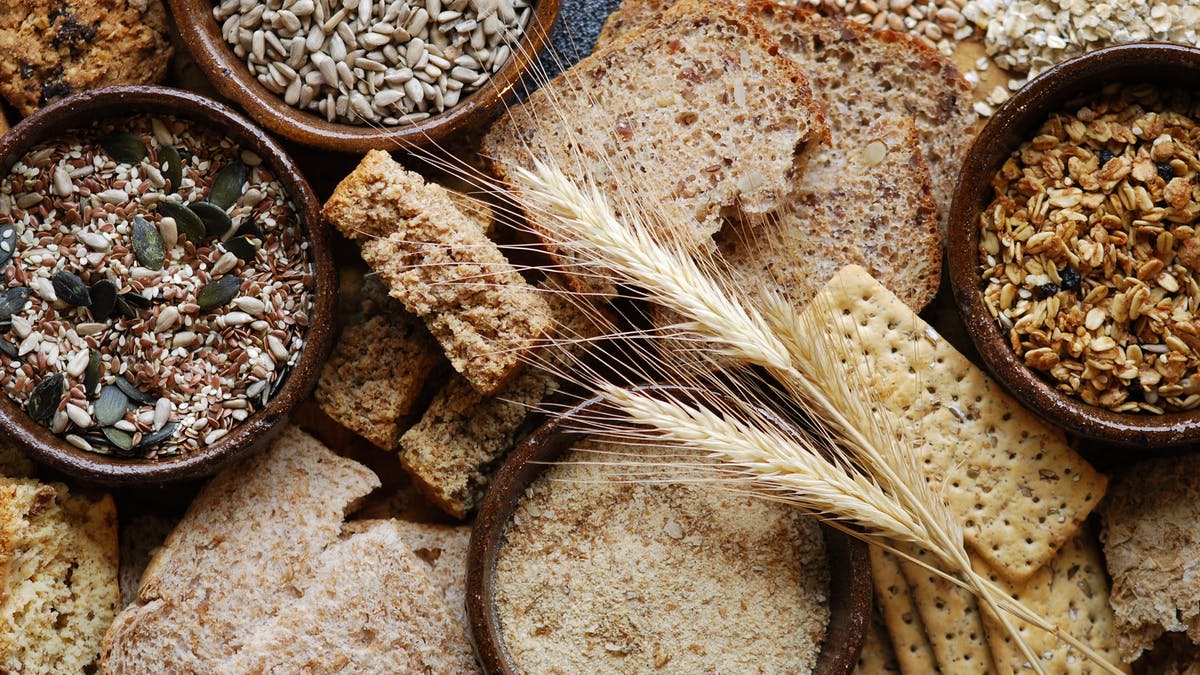
Fruits, vegetables, and whole grains contain insoluble fibers like cellulose and lignin, as well as soluble fibers like gums, pectins, and mucilage. Whole wheat, brown rice, oats, corn, barley, millet, sorghum, bird's-foot trefoil seeds, African millet, wild rice, all fall within the range of whole grains. Whole grains can provide a sufficient amount of antioxidants, phytic acid, vitamin E, and selenium, which possess varying degrees of anti-inflammatory effects. Although there isn't direct evidence that such foods are beneficial for rheumatoid arthritis patients, the US Food and Drug Administration recommends their consumption for overall health. The recommended intake is 14g per 1000 calories or 25g/day for adult females and 38g/day for adult males, which, when consumed long-term, is beneficial for overall health.
1.4 Seasonings:
Ginger contains various phenolic compounds, including phenolic curcumin and gingerol. Curcumin can inhibit the expression of cytokines in rheumatoid arthritis cells. Curcumin, when combined with folic acid, can counteract methotrexate-induced vascular endothelial cell dysfunction. Cinnamon, widely used in Asian cuisine, contains polyphenols proven to inhibit inflammatory factor levels in rheumatoid arthritis model rats.
1.5 Probiotics:
Increasing evidence suggests that altering rheumatoid arthritis patients' gut microbiota can influence the onset and progression of rheumatoid arthritis. Synbiotics are a combination of probiotics and prebiotics. It has been confirmed that synbiotics can reduce oxidative stress. Bifidobacteria and Lactobacillus are two key probiotics widely added to foods, drugs, and nutritional supplements. Administering lactobacillus casei to rheumatoid arthritis patients can lower cytokine levels, reducing joint tenderness and swelling and decreasing C-reactive protein levels. Using probiotic strains in rheumatoid arthritis patients can improve their health conditions. Certain selective high antioxidative activity strains can reduce the progression of rheumatoid arthritis.
1.6 Alcohol and Tea:
 Alcohol consumption can reduce the risk of rheumatoid arthritis. Among the Caucasian population, the frequency of alcohol consumption is inversely related to the severity of rheumatoid arthritis; the higher the frequency, the lower the levels of C-reactive protein and disease activity scores in rheumatoid arthritis patients. Large sample cohort studies have found that moderate alcohol consumption can reduce the risk of rheumatoid arthritis. Green tea contains epicatechin gallate, which can prevent the destruction of bones and cartilage in rheumatoid arthritis.
Alcohol consumption can reduce the risk of rheumatoid arthritis. Among the Caucasian population, the frequency of alcohol consumption is inversely related to the severity of rheumatoid arthritis; the higher the frequency, the lower the levels of C-reactive protein and disease activity scores in rheumatoid arthritis patients. Large sample cohort studies have found that moderate alcohol consumption can reduce the risk of rheumatoid arthritis. Green tea contains epicatechin gallate, which can prevent the destruction of bones and cartilage in rheumatoid arthritis.
1.7 Salt:
Salt is related to immunity. An animal study found that inflammation levels in mice fed a high-salt diet were significantly higher than those in the low-salt group. Three studies on the relationship between salt intake and rheumatoid arthritis incidence levels found that high salt intake increases the risk of developing rheumatoid arthritis regardless of smoking habits.
2.Dietary Interventions for Rheumatoid Arthritis:
2.1 Fasting and Vegetarian Diet:

Compared to a regular mixed diet, fasting combined with a vegetarian diet significantly reduces joint pain, swelling, tenderness, and lowers erythrocyte sedimentation rate and C-reactive protein levels. Removing animal products from the diet can reduce the intake of certain food antigens, thereby reducing the intensity of immune responses, which is beneficial for alleviating rheumatoid arthritis. Further research has shown that ketone body levels increase during fasting, and the components of ketone bodies produced during fasting can suppress inflammation. Fasting followed by a vegetarian diet, or continued vegetarianism, can effectively alleviate clinical symptoms and does not depend on changes in gut microbiota.
2.2Proper Cooking:
Avoid methods like frying, baking, stewing, and frying to preserve effective ingredients. Instead, opt for steaming, simmering, boiling, making soups, marinating in wine, and soaking.
2.3Balanced Diet:
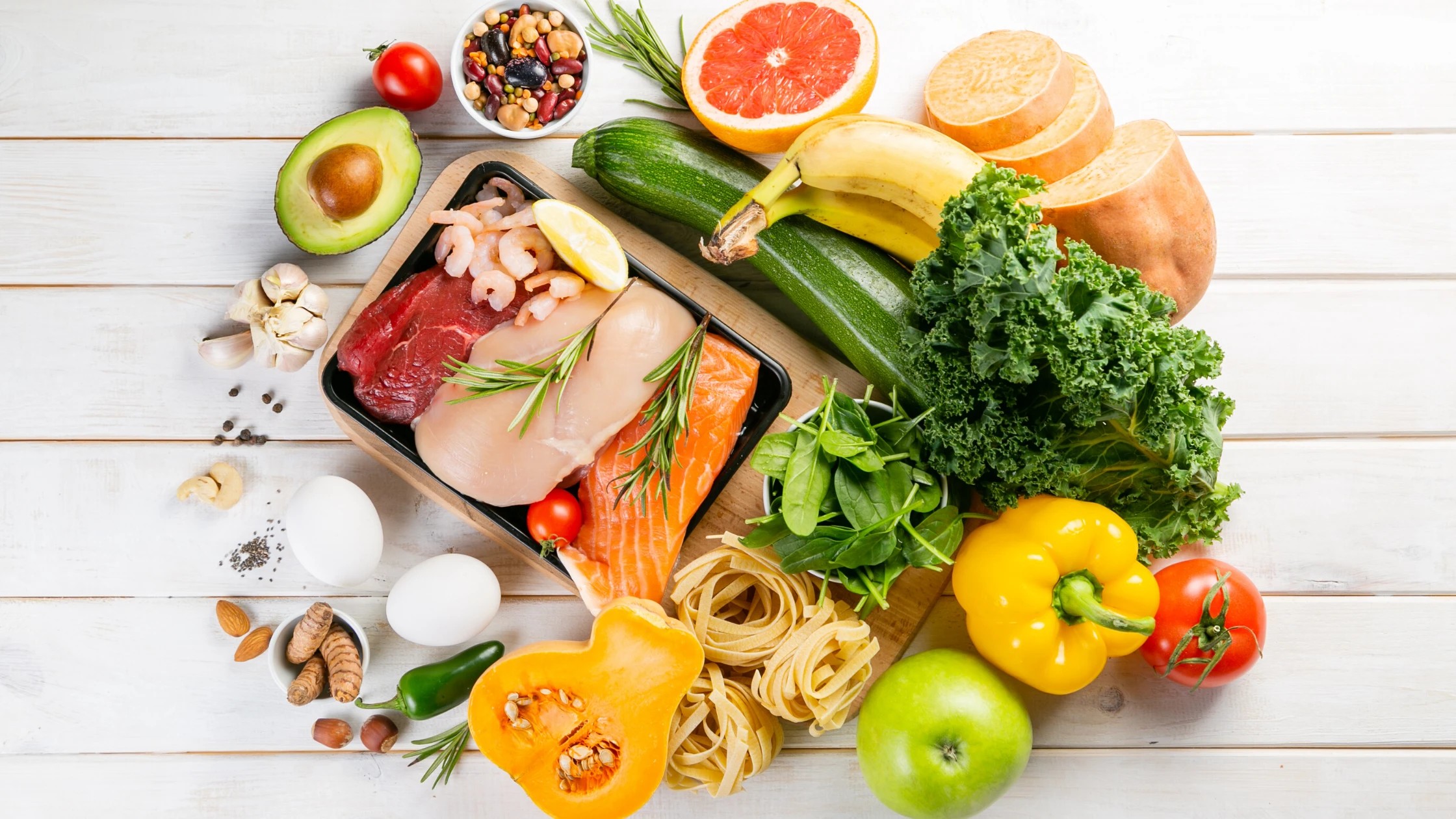
The diet of rheumatoid arthritis patients should be mainly light, with small and frequent meals. It should include an adequate amount of protein, high vitamins, moderate fats, and calories, low sugar, and low salt. The appropriate ratio of carbohydrates, proteins, and fats is 3:2:1, and the ratio of animal to plant fats should be 2:1. The distribution of daily caloric intake should be 30% for breakfast, 40% for lunch, 10% for afternoon snack, and 20% for dinner.
2.4Foods to Consume Sparingly:
Foods like peanuts, nougat, fatty meats, animal organs, excessive alcohol, coffee, and tea are not conducive to disease treatment and recovery; hence, they should be consumed sparingly.

